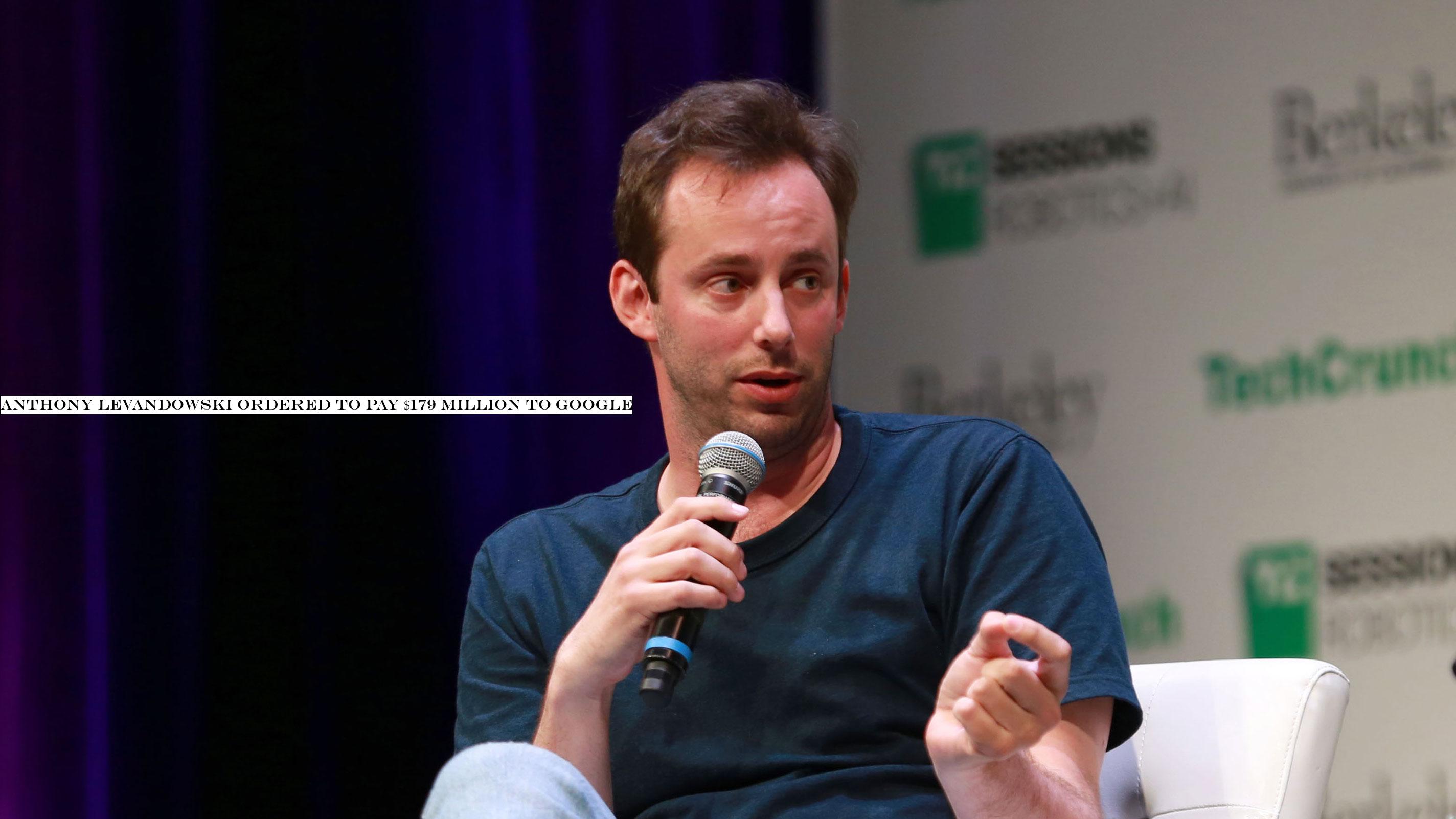Music
Trailers
DailyVideos
India
Pakistan
Afghanistan
Bangladesh
Srilanka
Nepal
Thailand
Iraq
Iran
Russia
Brazil
StockMarket
Business
CryptoCurrency
Technology
Startup
Trending Videos
Coupons
Football
Search
Download App in Playstore
Download App
Best Collections
Technology

- Details
- Category: Technology Today
Read more: IT Salary Survey: Do tech certifications pay off
Write comment (97 Comments)
I'm not gonna lie: This time of year is usually a bit of downer here in the land o' Android analysis.
I've been tracking device-makers' speed at sending out Android operating system updates to their devices for quite a while now, y'see — since somewhere around the early 1800s. And with rare exception, the results are pretty much always bad news.
Calling it "bad news" is probably being generous: With almost every year in recent memory, we've seen upgrade delivery performance from most of the big Android device-makers get progressively worse, despite Google's ongoing efforts to make the process easier. Last year was a slight exception, with a couple of moderate improvements, but it was still a ridiculously depressing picture all in all — with only two non-failing grades in a sea of cold indifference.
To read this article in full, please click here
- Details
- Category: Technology Today
Read more: Android 10 Upgrade Report Card: Progress is relative
Write comment (98 Comments)
Wholly-ownedApple subsidiary Claris has introduced Claris Connect, a new solution that provides smaller enterprises with the chance to compete with larger firms when it comes to the benefits of digital transformation.
I reached out to Claris CEO Brad Freitag to find out more about the new solution.
The digital transformation challenge
For all the talk of digital efficiency, the challenge of digital transformation is that the benefits of such transformation are far easier to see if you are a huge enterprise with plenty of cash to invest in your own solutions & or the capacity to work with the really big players in enterprise services.
To read this article in full, please click here
- Details
- Category: Technology Today
Read more: Apple's Claris brings digital transformation to the rest of us
Write comment (97 Comments)
Anthony Levandowski, the engineer and autonomous vehicle startup founder who was at the center of a trade secrets lawsuit between Uber and Waymo, has been ordered to pay $179 million to end a contract dispute over his departure from Google.
Reuters was the first to report the court order.
An arbitration panel ruled in December that Levandowski and Lior Ron had engaged in unfair competition and breached their contract with Google when they left the company to start a rival autonomous vehicle company focused on trucking, called Otto. Uber acquired Otto in 2017. A San Francisco County court confirmed Wednesday the paneldecision.
Ron settled last month with Google for $9.7 million. However, Levandowski, had disputed the ruling. The San Francisco County Superior Court denied his petition today, granting Googlepetition to hold Levandowski to the arbitration agreement under which he was liable.
Levandowski himself may not have to pay the money personally, as this sort of liability may fall to his employer depending on his contract or other legal quirks. However, Levandowski personally filed today for Chapter 11 bankruptcy, stating that the presumptive $179M debt quite exceeds his assets, which he estimates at somewhere between $50M and $100M.
A representative for Levandowski declined comment for this story.
Devin Coldewey contributed to this story.
- Details
- Category: Technology Today
Read more: Anthony Levandowski ordered to pay $179 million to Google
Write comment (95 Comments)
This IT tech pilot fish works in a factory that makes loudspeakers, and one day an engineer comes running over, frantic because his laptop had stopped working while he was in the warehouse testing an application.
So fish follows him to the warehouse and the pallet he had set his laptop on.
A pallet of boxes full of heavy-duty magnets that were labeled with warnings about intense magnetic fields.
Sharky wants to attractyour true tales of IT life. Send them to me at This email address is being protected from spambots. You need JavaScript enabled to view it.. You can also subscribe to the Daily Shark Newsletter.
To read this article in full, please click here
- Details
- Category: Technology Today
Read more: Wayback Wednesday: Drawn to it
Write comment (92 Comments)Last July, Hawaii representative and longshot Democratic presidential hopeful Tulsi Gabbard filed a lawsuit against Google, accusing the company of violating her First Amendment rights to free speech when it briefly suspended her campaignad account. On Wednesday, CaliforniaCentral District Court rejected the suit outright.
Gabbardcampaign, Tulsi Now, Inc., asked for $50 million in damages from Google for &serious and continuing violations of Tulsiright to free speech.& In the suit, her campaign claimed that Google &helps to run elections& through political advertising and search results — an argument District Judge Stephen Wilson firmly rejected.
In dismissing the case, Wilson writes that what Gabbard &fails to establish is how Googleregulation of its own platform is in any way equivalent to a governmental regulation of an election.& When it comes to Google, &an undisputedly private company,& the First Amendmentfree speech protections do not apply. A week ago, another California court reached the same conclusion in a case that right-wing group PragerU brought against YouTube.
In a case of poor timing, Gabbardaccount was suspended for an interval of time following the first presidential debate as viewers sought information about the unfamiliar candidate. In the lawsuit, Gabbard noted that Google took her advertising account offline &in the thick of the critical post-debate period.&
&Since at least June 2019, Google has used its control over online political speech to silence Tulsi Gabbard, a candidate millions of Americans want to hear from,& the suit stated.
Echoing unfounded conservative complaints of tech censorship, Gabbard characterized paid political advertising as free speech, language that Facebook itself would later adopt in defending its lax position on policing political ads.
&This is a threat to free speech, fair elections, and to our democracy, and I intend to fight back on behalf of all Americans,& Gabbard said in a statement at the time.
Gabbard also decried Googledominance of the search business, echoing the anti-monopolist tech sentiments expressed by other Democratic candidates. Political figures in both parties have seized on anti-tech sentiment in recent years, and the Hawaii representativelawsuit is just one example of politically expedient posturing against major tech platforms.
After the incident, a Google representative explained that the platform automatically flagged Gabbardaccount for unusual activity, a mistake it corrected a short time later.
- Details
- Category: Technology Today
Read more: Judge rejects Tulsi Gabbard’s ‘free speech’ lawsuit against Google
Write comment (93 Comments)Page 1323 of 1441

 12
12






 (@TulsiGabbard) July 25, 2019
(@TulsiGabbard) July 25, 2019